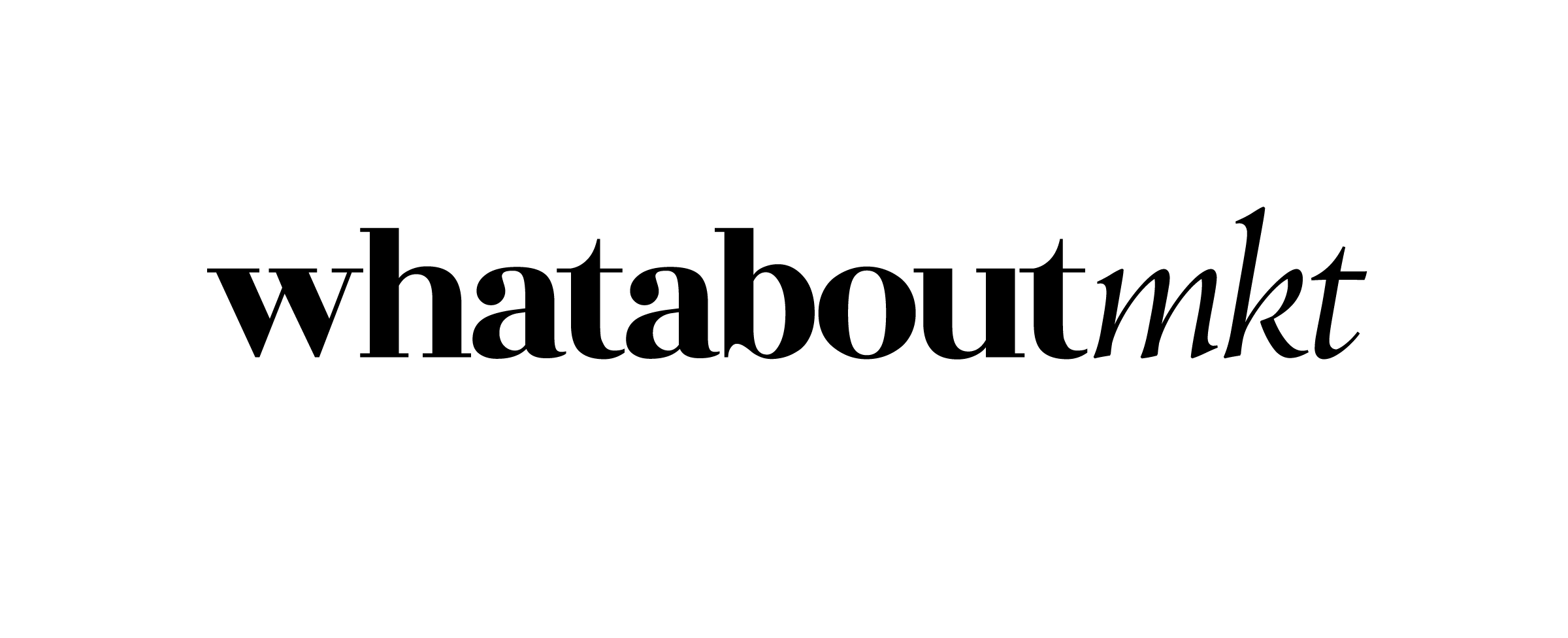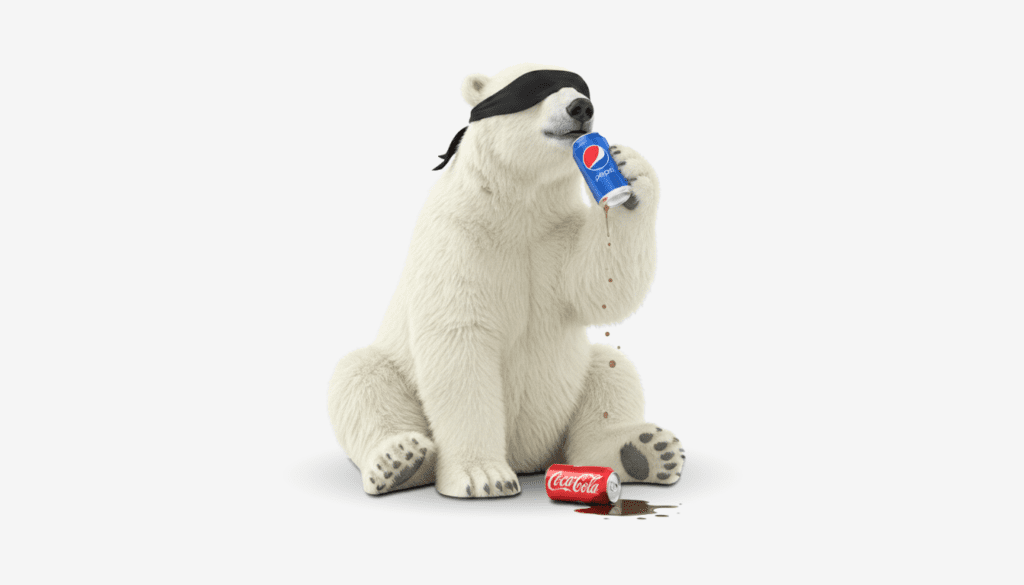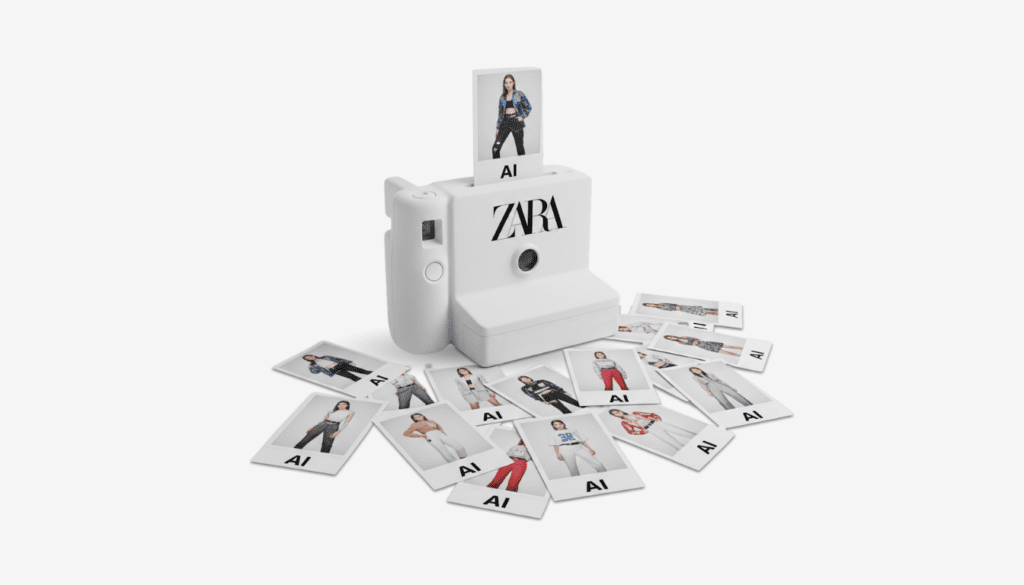Adidas has spent half a century making the World Cup ball a protagonist; still, Trionda’s rollout raises the stakes. Rather than treat the product as a technical footnote, the company is using it as a narrative spine. The campaign opens with a history reel of every FIFA match ball since 1970, a familiar ritual for hardcore fans that also works as a primer for casual audiences. By sequencing nostalgia before the reveal, Adidas reframes debate over shape or graphics as the latest chapter in a lineage, not a one-off design experiment. It’s a clever inoculation against early skepticism and a reliable way to spark reposts from sports publishers steeped in archives.
Spectacle Built for Short-form
The evening air on the Vegas Strip turned electric when the Sphere erupted into motion. Adidas used the Sphere’s massive LED shell to project a rapid-fire retrospective of every World Cup match ball since 1970, rolling them one after another across its curved façade. As the sequence approached the present, the montage paused, pulse quickening, with the clear message that something new was coming. Although Trionda itself wasn’t fully revealed, the moment hinted at the future, setting a dramatic tone for the October 2 unveil. The Sphere takeover drew both tourists and football fans in real life, while also flooding social feeds, sports blogs, and news outlets with content that needed zero additional media budget to spread.
What makes this spectacle more than just a flash in the pan is how it ties heritage to hype. By juxtaposing past legends with a future promise, Adidas reinforced its ownership over the World Cup ball narrative. The Sphere’s visuals function like a trailer, including rich assets that can be clipped, remixed, reposted, and stitched into creator content. At the same time, by referencing every prior ball, the activation helps inoculate against negative initial reactions to Trionda’s design; in that sense, criticism tends to become part of the ongoing conversation rather than an isolated backlash. In short, the Sphere moment transformed passive anticipation into active storytelling and mobilized the world’s screens before the ball was ever fully seen.
Given that, the Las Vegas Sphere tease built as a giant, cinematic, and engineered for phone cameras, was a content factory. The montage travels seamlessly across Instagram, TikTok, and X because it compresses fifty years of memory into seconds, then lands on a cliffhanger of the first clear glimpse of the 2026 ball. By that, sports pages gain an easy post; creators gain an easy stitch; broadcasters gain easy B-roll. The medium becomes the multiplier, and Adidas collects the dividend in earned reach before it has paid for a single in-feed impression.
Trionda’s graphic language, being crisp white broken by saturated red, green, and blue, reads as a tri-host signature while optimizing visibility on television and in social media close-ups. On a 6-inch screen, those blocks “pop” against grass; in slow-motion replays, they trace spin in a way that even non-fans can parse. The design therefore serves a dual purpose, acting as both a geopolitical cue for the USA–Mexico–Canada tournament and a broadcast-optimized pattern that enhances every highlight package.
From Spectacle to Shelf
Nevertheless, heritage and hype only matter if they lead to sell-through, and here the playbook looks precise. The top-tier match ball anchors at the usual premium price, while the Competition and League tiers offer more accessible entry points, and the Club tier extends the look to a mass audience. The brand-friendly hero, however, is the collector set that recreates classic World Cup balls alongside Trionda, a giftable object with built-in storytelling at retail. Expect seeding to athletes, academies, and creators to arrive alongside early drops, ensuring that “first touch” videos proliferate just as inventories land.
The Tech Subplot that Sells Performance
What sets Trionda apart is not only its design but also its technological core. The four-panel construction reduces seams and reshapes airflow, giving the ball a flight pattern that is engineered for predictability without sacrificing the drama of movement that makes long-range shots and free kicks spectacular. Combined with a textured skin and thermo-bonded seams, the ball is built to perform consistently across climates and conditions, ensuring that the expanded 48-team tournament can maintain uniformity in every stadium.
Beyond aerodynamics, innovation lies in data. The connected-ball sensor, expected to return after its successful debut in Qatar, will provide high-frequency tracking that supports faster, more accurate officiating decisions. By embedding technology directly into the match ball, Adidas is redefining its role from passive equipment to an active contributor in the game’s flow. It is this combination of physical design and digital intelligence that elevates Trionda from a symbol of the World Cup to a tool shaping the very way it will be played and experienced.
If connected-ball sensors return as expected, the officiating narrative becomes marketing fodder, bringing smarter decisions, quicker reviews, and clearer replays. That message travels well with conservatives and casuals alike because it anchors the ball not only in emotion but also in measurable advantage.
World Cup balls elicit instant opinions, as their aesthetics polarize; myths about their flight proliferate. Adidas’s hedge is volume and clarity, flooding the zone with slow-mo demos, player testimonials, and bite-sized explainers that tie visual patterns to real physics. On the commercial side, a premium price in a soft macroclimate prompts consumers toward replicas; the counter is calibrated by scarcity on special editions and a steady drumbeat of localized content tied to host cities and national team storylines.
Buzzing Beyond 2026
Moreover, the Trionda’s launch treats a single SKU as media infrastructure. The Sphere activation demonstrates how to purchase one unforgettable canvas to catalyze a million smaller screens; the heritage montage illustrates how to transform archives into fuel for creators; the tiered ladder showcases how to convert attention into baskets without diluting the flagship. In a North American World Cup that will span multiple time zones and platforms, Adidas aims to build a content engine that can run from the opening whistle and beyond.









